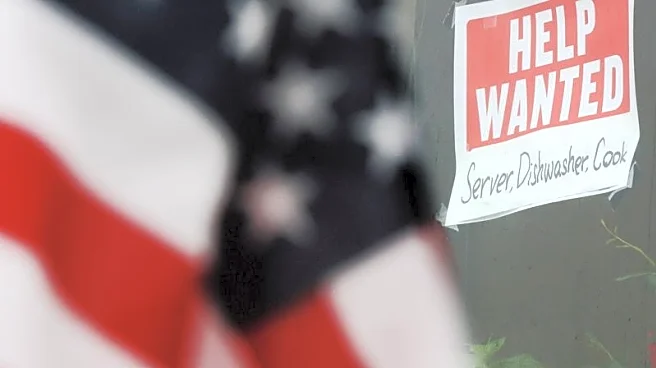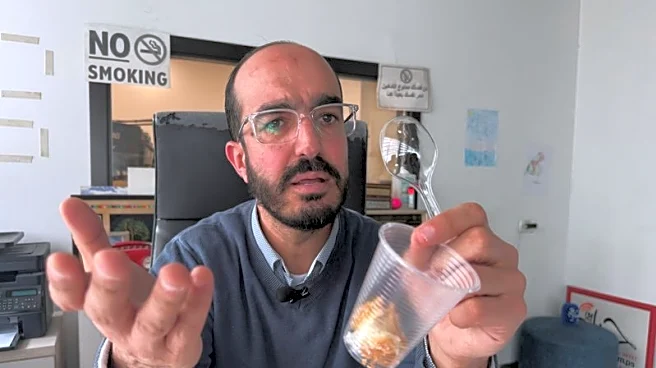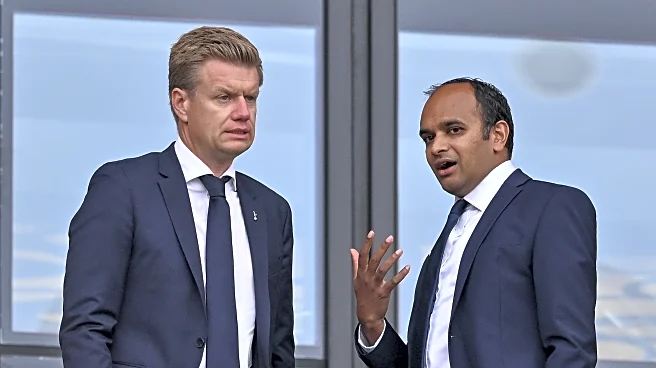Rapid Read • 8 min read
The Derby Food 4 Thought Alliance (DF4TA) is experiencing its highest demand since its inception during the COVID-19 pandemic in 2020. Manager Paul Brookhouse expressed concerns about the food bank's ability to meet ongoing demand due to insufficient funds. The charity has made a plea for £15,000 to restock supplies, as it currently spends up to £10,000 monthly to meet the needs of struggling families. Rising food bills and energy prices are exacerbating the situation, with many families unable to cope during the school holidays. Despite generous donations totaling nearly £5,300 from residents and businesses, the food bank is still facing significant challenges.
AD
The increased demand for food bank services in Derby highlights the broader issue of poverty and the cost of living crisis affecting many families. As food inflation continues to rise, the ability of charities to provide essential support is strained, potentially leaving vulnerable populations without necessary resources. This situation underscores the need for sustainable solutions to address food insecurity and support those affected by economic hardships. The community's response, while generous, may not be sufficient to address the long-term needs of those relying on food banks.
The Derby Food 4 Thought Alliance will continue to seek donations and support from the community to meet the growing demand. The organization faces the challenge of ensuring it can provide assistance to all who need it, without having to turn anyone away due to lack of resources. The ongoing economic pressures may prompt further appeals for support and potentially lead to discussions on policy measures to address food insecurity at a broader level.
The situation in Derby reflects a larger trend of increasing reliance on food banks across the UK, driven by economic instability and rising living costs. This trend raises ethical questions about the adequacy of social safety nets and the role of charitable organizations in filling gaps left by government policies. Long-term solutions may require a reevaluation of economic policies and increased support for low-income families to prevent reliance on emergency food services.
AD
More Stories You Might Enjoy












